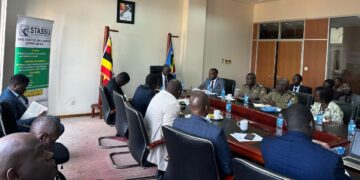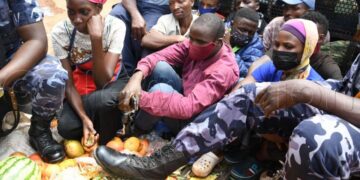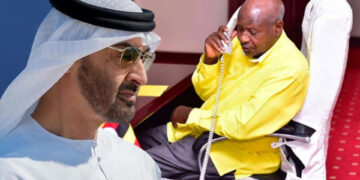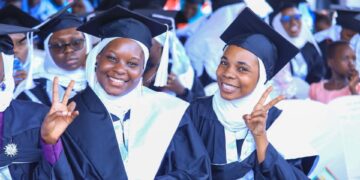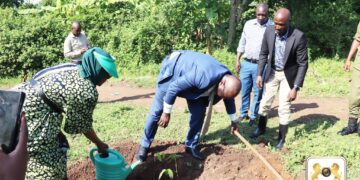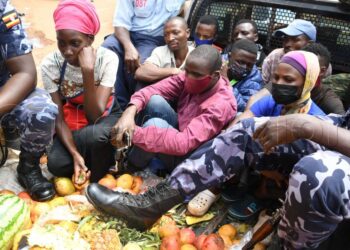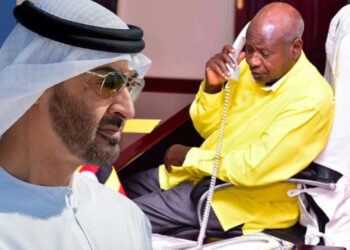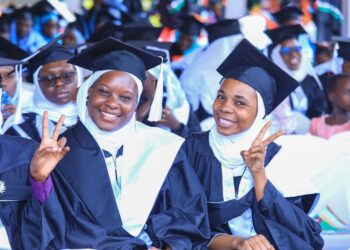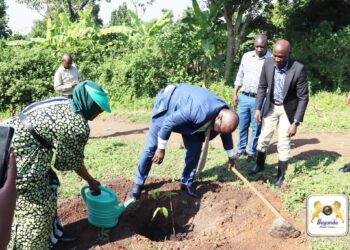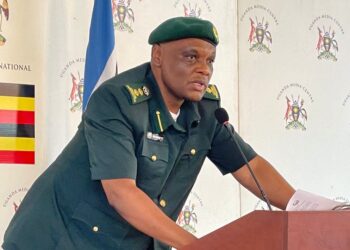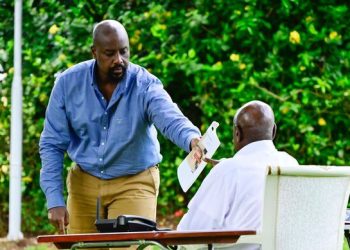OPINION
In the wake of clashes between the M23 rebels and the Armed Forces of the Democratic Republic of Congo (FARDC), countless Congolese civilians have been forced to flee their homes, leaving everything behind in search of safety. The grim reality reported by the World Health Organization (WHO) reveals over 2,000 people wounded and at least 45 deaths, highlighting the severe human cost of this conflict.
The World Food Programme’s temporary halt of activities underscores the severity of the situation, disrupting not only the physical environment but also significantly impacting the mental well-being of the citizens. Innocent children and women are among the most affected, facing displacement, overwhelming insecurity, and the emotional trauma of losing loved ones. The road to healing for these communities may be long, and the international community must not turn a blind eye to their suffering.
Furthermore, the harmful emissions from weapons, including tear gas and gunfire, pose serious health risks, particularly to pregnant women and their unborn babies. These emissions can lead to miscarriages, stillbirths, and environmental pollution, affecting air and water quality with long-term consequences for the DRC and beyond. Immediate action is crucial to address these humanitarian and environmental crises.
Reports of young girls and women being kidnapped and raped amidst the ongoing instability resonate deeply with those who value human rights and dignity. The food insecurity exacerbated by the conflict, especially with the World Food Programme ceasing operations, further complicates the plight of the affected populations. Women and young girls are disproportionately impacted, facing the dual threats of violence and hunger.
As activists, we must continue to raise awareness, advocate for the protection of civilians, and support efforts to bring about a peaceful resolution to the conflict in Goma and the wider DRC. Every life lost or affected is a stark reminder of the importance of promoting peace and safeguarding the well-being of all individuals impacted by such violence.
Together, we can work towards a future where safety, security, and climate justice are guaranteed for all, especially for women and young girls who bear the brunt of these tragedies.
By Mary Blessing Ahairiirwe, the writer is a Volunteer at Women for Green Economy Movement, Uganda.















